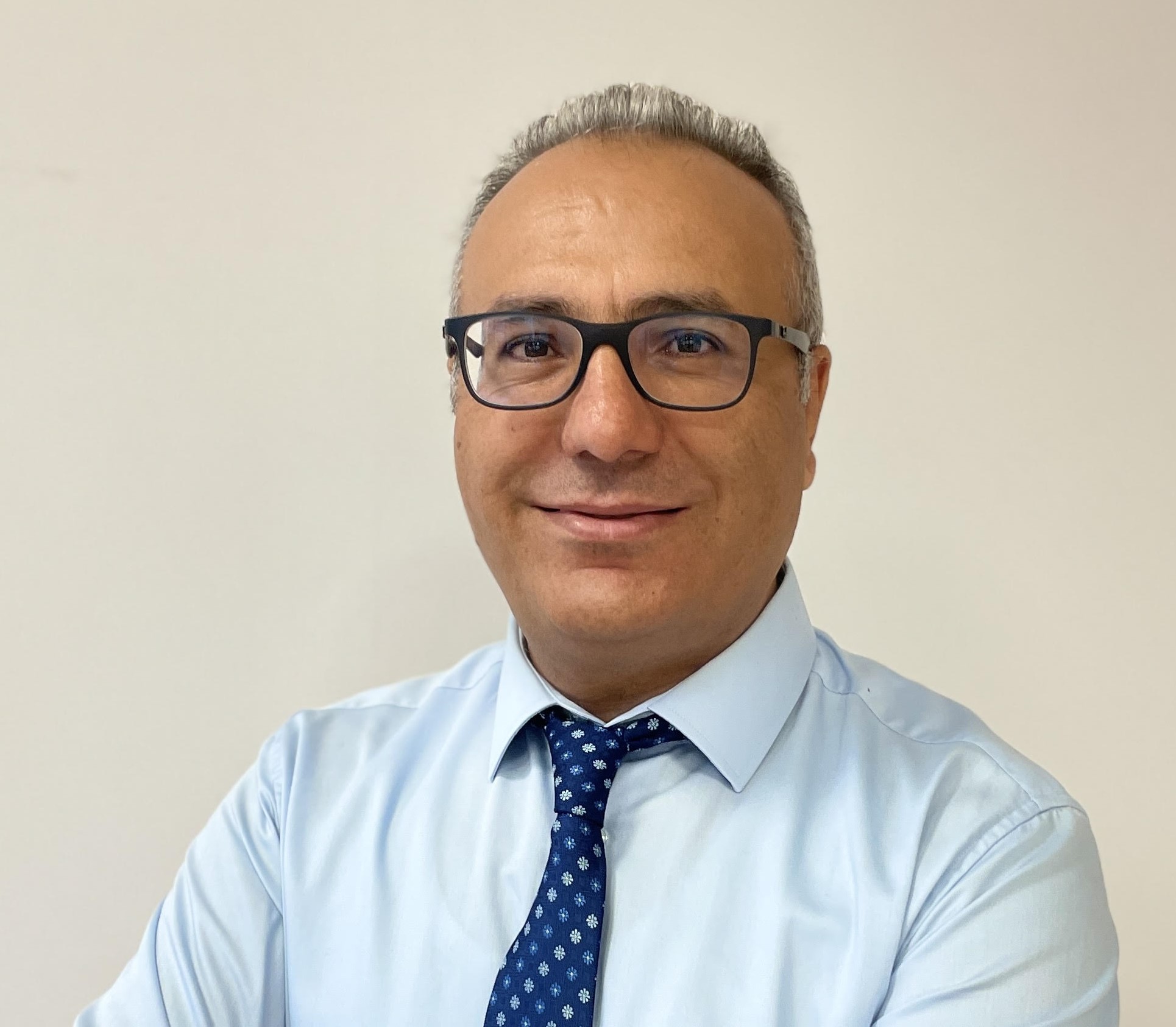Keynote Speaker

Prof. Müslüm Arıcı
Mechanical Engineering Department, Engineering Faculty, Kocaeli University, TurkeySpeech Title: Phase change materials for energy saving in buildings
Abstract: There has been a growing increasing interest in utilizing phase change materials (PCMs) for energy saving in buildings. The latent heat fusion of PCM at suitable temperatures, allowing a high energy storage and release with a narrow temperature range, helps shift peak loading period, regulate indoor temperature, and save energy. Since the thermal performance of PCM depends on the utilization level of latent heat, besides to the thermophysical properties, it should be selected properly considering climatic conditions, position in the wall, etc. In this talk, PCM applications in buildings will be addressed, and various indices for evaluating the thermal performance of PCMs will be focused on. The indices will be discussed in detail in order to provide more insight into contribution level of latent heat to energy saving effect in buildings. Furthermore, the thermal performance of PCMs will be compared with conventional methods.
Biography: Müslüm Arıcı is a Professor in Thermodynamics and Heat Technique Division of Mechanical Engineering Department of Kocaeli University, Turkey. He completed Diploma Course at von Karman Institute, Belgium in 2007 and received PhD degree from Kocaeli University, Turkey in 2010. He is co-author of 250+ papers in refereed SCI-indexed journal papers. He has been serving as associate editor in Case Studies in Thermal Engineering (IF=6.8); Energy, Ecology, and Environment (IF=4.4), Journal of the Faculty of Engineering and Architecture of Gazi University (IF=1.1), and Journal of Thermal Engineering (E-SCI). Besides, he is co-editor of 3 books. He has also been serving as a guest editor in several prestigious journals such as Journal of Cleaner Production; Energy and Buildings; Sustainable Energy Technologies and Assessments; Energy for Sustainable Development; Energy; Journal of Magnetism and Magnetic Materials. He was enlisted among world’s top 2% scientists according to Stanford University in last three consecutive years. His fields of interest are energy efficient buildings, thermal energy storage, solar energy, and thermal management.
